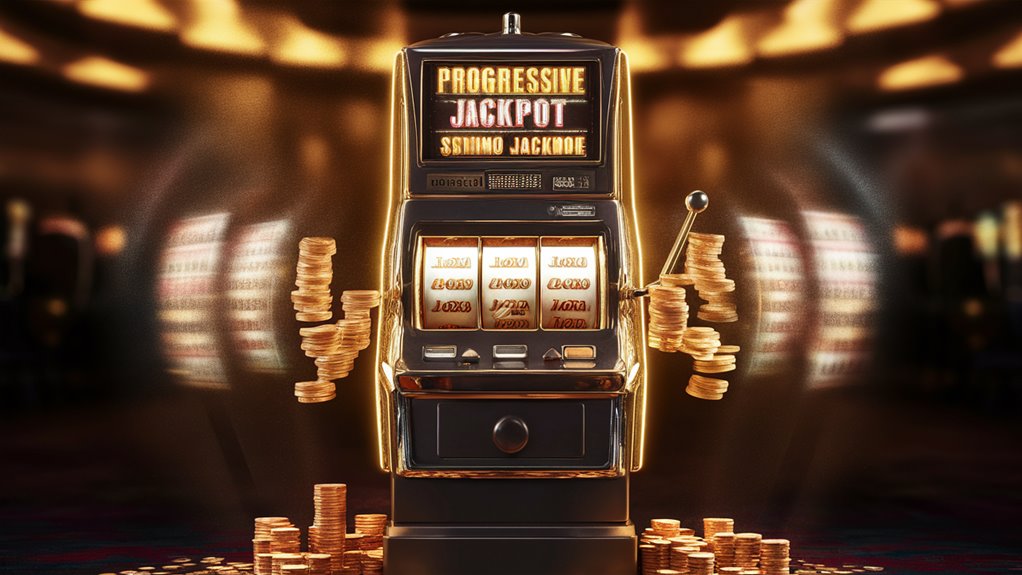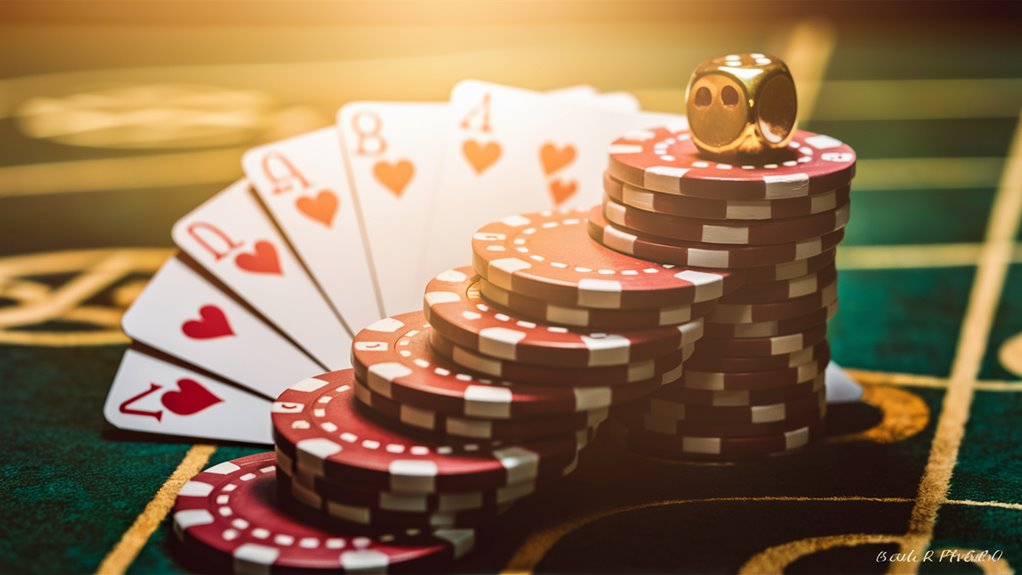Real Life Dilemma: Whether to Pay SprinklerMen To Grow Lawn If It Has Not Been Sprinkled
The Dream of the ‘Sprinkler-Man’
You may have thought of your lawn as a flat carpet of green grass that stretches out from sea to shining sea. A technologically developed lawn. Actually this is not so tough and it can be easily done. We’ve told you that the lawn has already been measured so we’ll need to cut it down to fit in your new sprinkler system. But why don’t you go spend some money and buy a bit of new grass tonight? In your own quiet room you can treat your old friend up to one last wild fling.
The fourth chapter of the book should be ‘Radio Available to Everyone.’ But in deference to the book’s format, we’ll call this chapter ‘A Special Flickercreek Blackjack Board of Influences.’
What if you were in the mood to listen to the music of tomorrow, today (or yesterday or whenever the future has to be musically tonight) and you had the most uniquely developed copyright-free machine that an Englishman has thought up since Sherlock Holmes and DoctorWells?
Some People Are Just Spoiled For Choice. Ask Any Born Investor.
The Science Behind Addictions: Online And In Real Life
The Neurobiology of Gambling Addiction
The brain’s reward system is another area targeted by neurobiological mechanisms involved in gambling addiction. This is similar to the way that drug addictions function, resulting in damage to an addict’s behavior and self-control centers.
How does that come about? When a person gambles, it stimulates the release of dopamine in their brains. Rising levels of this neurotransmitter causes feelings similar to extreme highs on narcotics, but with every action and goal met only in relation to fixed external objectives. Gambling-induced neural circuitry changes occur in the prefrontal cortex and limbic system.
Neurotransmitter Systems and Reward Circuitry
Gambling addiction impacts several neurotransmitter systems, including serotonin, norepinephrine and glutamate. Remarkably, past research of neuronal activities in problem gamblers revealed that despite losses the ventral striatum—a vital part of reward circuit—was still highly excited while hiring them. As a result, this hyperactivity only served to reinforce the addiction cycle and make maladaptive behaviors stronger.
Genetic Predisposition and Environmental Factors
The thrust of these trials is that genetic predisposition makes a big difference to the degree of vulnerability that individuals will show toward addictive games of chance. In so far as dopamine receptor genes go, our work shows that they are highly selective – some particular subtypes confer increased predisposition for developing pathological gambling disorders in human beings.
In conclusion, the complex interaction between genetic and environmental factors leads to a multifaceted pathway for addiction. This combines inherited biological vulnerabilities with conditioned behavioral responses, creating an additional burden on the individual. These findings underscore that it is necessary both from the standpoint of genetics as well as environment that treatment strategies must address these two areas.
Moods Related to Gambling Outcomes
Anxiety Accompanied By The Inability To Gamble
- Defensiveness About Gambling Habits
- Social Problems
- Deterioration of Relationships
- Withdrawing from family activities
- Work Performance Decline
- Secrecy in Relation With Activity
- Control Issues
- Relapses in Recovery
- No ability to limit the amount bet
- Gambling despite disadvantages ever increasing
- Fealty to the wrong facts in other words
- Lost Consciousness of Time
Physical Warning Signs
- Sleep Disruption
- Significant Change in Appetite
- Symptoms Attributable to Anxiety
- When not gambling there is restlessness
Time Passage Indicators
- Playing for extended periods
- Neglecting Important Duties
- Dishonesty as To Whereabouts
- Missing Some Vital Deadlines or Events
Getting Professional Help Indicators
For this to be called gambling disorder by psychiatrist. A duration of 12 months must be observed with at least 4 symptoms present at any one time and in a 12-month period these must meet the diagnosis intensity criteria for gambling disorder.
It is critically important to take action in the early stages of an illness.

The Influence on Mental Health
The Mental Health Implications Of Gambling Problems
Problem gambling has a great impact on mental health through intricate neurobiological mechanisms. The addiction disrupts the brain’s reward paths and hormonal regulation, producing changes in decision making similar to those found in substance abuse disorders. These changes in the brain fundamentally shape one’s control over behavior and also risk-preparedness level.
Co-occurring Conditions in Mental Health
In many cases of gambling disorders, we see few types of severe mental illness:
- Clinical depression
- Anxiety disorder
- Addiction disorders
Hefty financial pressure and continued losses at gambling lead to severe depressive spells on a regular basis. The statistics reveal that 50% of problem gamblers have thought about killing themselves, indicating the heavy psychological burden of this addiction.
Impact on Cognitive and Emotional Levels
How Thought and Feeling Are Affected
Gambling addiction has a deep effect on mental processing as well. In its early stages memory slackens concentration wanes. When in full force, impaired emotional regulation and reduced self-esteem is one aspect.
Consideration for Treatment Causes
Successful recovery uses comprehensive therapy Molten Arc Casino to treat both the main focus, gambling addiction, and any co-occurring mental health disorder. A double focus strategy of treatment weakens the fatal link between mental and gambling disorders, and gives greater likelihood of success than single-treatment methods. Because of the interrelatedness of these aspects, care must be both general and specific. It involves the following aspects:
- Withdrawal neural methylation system
- Psychological dependence systems
- Social scope, economic situation
The past few decades have seen the rise and fall of various treatment methods for addiction, yet it appears only now that there is any hope of breaking this cycle. One author called this ability of addicts to behave abnormally ‘recovery.’ He had only just been discharged from a psychiatric unit in the long beach city mental hospital. In one sense, compassion is quite easy; nurses and medical staff deal easily with the blood, flame or other pain of a patient.
For instance, self-exclusion programs at gambling venues and restrictions on credit access to them form an essential foundation of protection. This will allow the gaming industry to take responsibility for itself.
Main Prevention Pillars
Financial Safeguards
Smaller deposit limits and enforced pauses between wager sessions all create stable financial barriers. These mechanisms are useful in helping stop gambling problems before they grow too serious, and they change into addiction.
Educational Incorporation
Gambling addiction awareness education within school curricula takes as its starting point the theory of probabilities and risk management skills. People with this basis have critical reflection tools which can be applied to gambling activities.
Technological Defense
Automated monitoring systems track normal patterns of betting closely by real-time data analysis. At the same time, this structure of technology means early intervention is possible before casual gambling turns into real addiction habits.
Evidence-Based Prevention Strategies
Cognitive-behavioral interventions provide essential skills 토토사이트 in recognizing triggers and in developing healthy coping strategies. Mandatory warning messages and the reduction of gambling advertisements lead to clear measures which show measurable success in reducing gambling addiction rates. The healthcare screening protocols being combined with these prevention measures are covering a solid overall system. This approach guarantees that there will be intervention points and support mechanisms at every corner, with multiple protections from all sides.
Caring for a Gambler
Caring for a Gambler (A Comprehensive Guide)
About gambling addiction, gambling addiction is a legitimate medical condition that affects the individual and their support network. Family and friends play a vital role in recovery, but they must first recognize that gambling problems are a recognized health condition rather than simply character flaws which can be willed away.
Effective Communication Skills
When you are having an open dialogue with your loved one about problems with gambling, use:
- nonjudgmental I statements
- Specific observed behaviors
- Concern expressed without criticism
- Active, empathic listening
Concrete Methods of Support
- Financial Boundaries: Never borrow money to gamble. Do not loan money to people who are in arrears from gambling. Encourage a financial adviser to help. Support stopping gambling when you’re drinking or using drugs.
- Restoring resources: Guide them to trained gambling therapists, therapy teams, support associations, blocking software online.
- Getting resources back: Healthy Boundaries for Maintaining a Healthy Life. Support recovery while maintaining mental health. Make your own boundaries clear. Support groups such as Gam-Anon. Sustained limits, self-care methods.
Trigger Management
Help recipients recognize and deal with gambling triggers by:
- Creating substitute behaviors
- Developing a recovery plan
- Distinguishing dangerous situations
- Using others as a support network


